Publications
by Jessie Mahoney, MD
Dr. Jessie Mahoney writes and speaks on physician wellness, leadership, and medical culture.
Her work explores how mindfulness, lifestyle medicine, and coaching can transform modern
healthcare for clinicians, institutions, and patients.
Physician Wellness & Well-Being on Kevin MD
Disruptive physician labeling - A symptom of systemic burnout
Why physician wellness programs must evolve beyond institutions
Pediatrician vs. grandmother: Choosing love over medical advice
Why physicians struggle with caregiving and how to cope with grace
Why judgment is hurting doctors—and how mindfulness can heal
Stop absorbing the chaos: How doctors can reclaim their well-being
Learning to trust your body again: Healing the hidden wounds of medical training
Physicians are feeling betrayed. How do we protect our peace when health care is under siege?
How to get physician wellness programs funded: a proven path forward
The cost of caring: How medicine is shortening the lives of women physicians
What if we stopped sacrificing ourselves to practice medicine?
Physician wellness is a strategic imperative—not a moral crusade
Medical Leadership & Culture Change
Mindfulness, Coaching & Lifestyle Medicine
Pediatrician vs. grandmother: Choosing love over medical advice
Why physicians struggle with caregiving and how to cope with grace
Why judgment is hurting doctors—and how mindfulness can heal
Why so many physicians struggle to feel proud—even when they should
Stop absorbing the chaos: How doctors can reclaim their well-being
Learning to trust your body again: Healing the hidden wounds of medical training
Physicians are feeling betrayed. How do we protect our peace when health care is under siege?
Why physicians find negotiating challenging—and what they can do to negotiate better
What if we stopped sacrificing ourselves to practice medicine?
